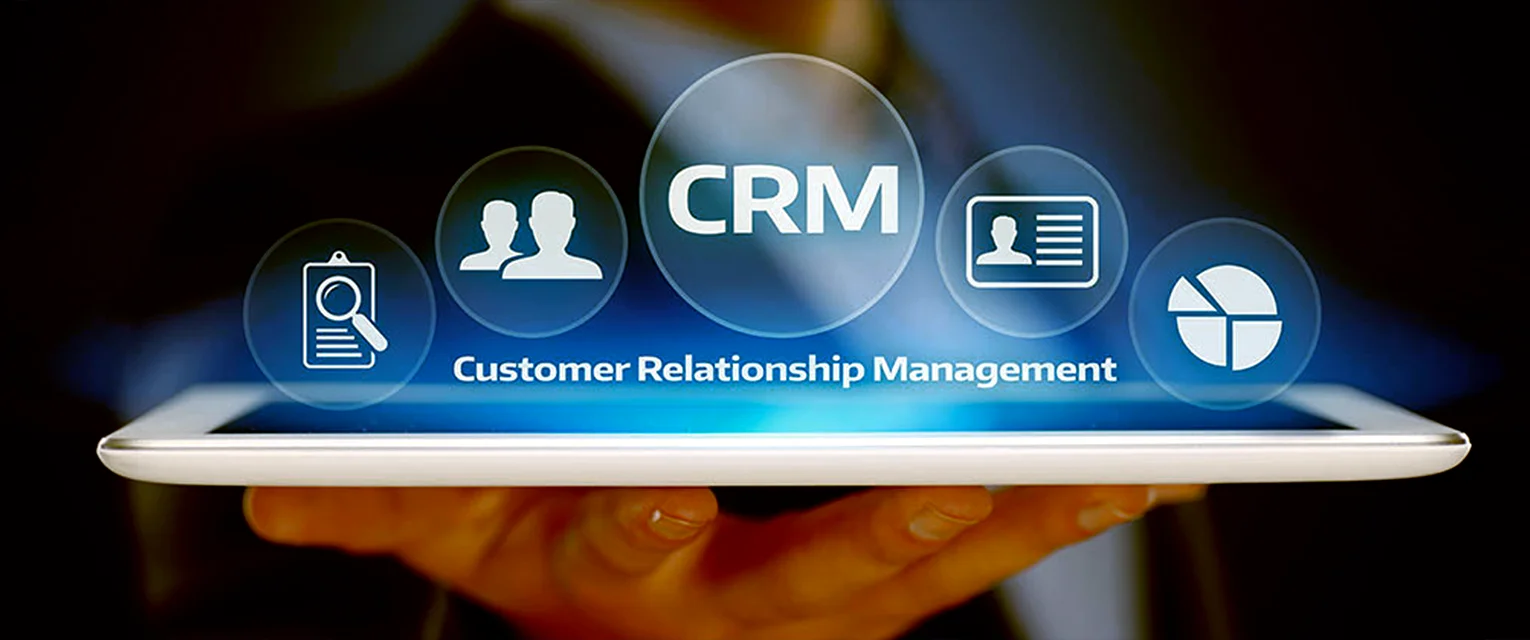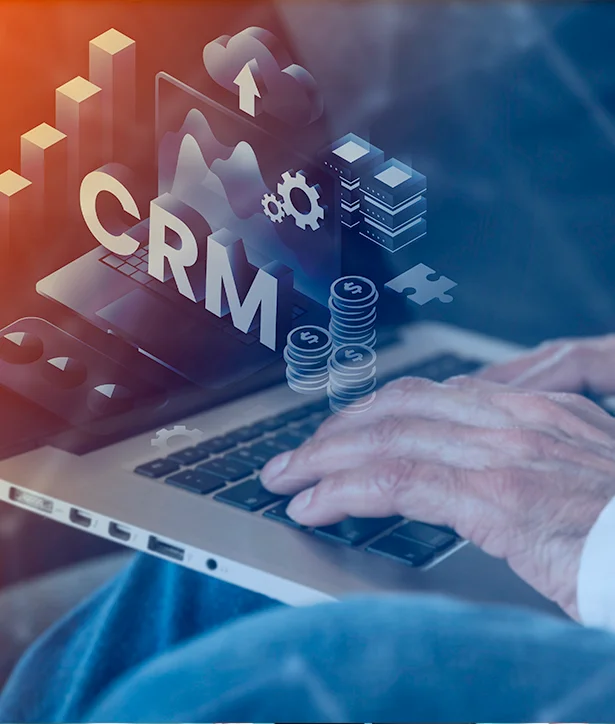CRM systems are a game-changer in today’s world. They make sales and customer relationships easy by automating the entire process, allowing for efficiency by eliminating needless tasks.
CRMs are becoming a hot commodity by the day. So today, we’ll look at 7 factors that you should consider when choosing a CRM for your business. So stay tuned and keep reading.
What is a CRM?
A CRM (Customer relationship management software) is a tool that companies use to help establish and foster long-term customer relationships. Modern CRMs automate the rigorous record-keeping process, which allows for a smooth execution of tasks. CRMs provide features such as:
–Contact Management: To manage multiple contacts under one roof.
–Lead Management: This provides you with tips and strategies about how to convert leads at each stage of the cycle.
–Sales Pipeline Management: This helps you identify and eliminate bottlenecks from the sales process by identifying leads at each stage.
–Reporting Analytics: CRMs also provide robust reporting tools to help you create dashboards according to your requirements.
Thus, CRMs are a complete sales solution to help your team focus on more efficient tasks and automate the customer relationship management process.
Now, let’s look at seven things that influence how to choose a CRM in 2024.
Here are some things to consider when choosing a CRM software for your business:
-Your organization’s goals.
-CRMs that are available in the market.
-Your budget.
-Team consultation.
-Important tools and features.
-The deployment model.
1. Your organization’s goals
Your organization’s goals are highly important in determining which CRM suits you best. So, think about whether you want to convert more leads, streamline the sales process, or enhance customer service. Whichever option you choose will determine which CRM suits you best. But that’s not it. Choosing the CRM will also depend on which business you operate. There are CRMs for real estate, healthcare, and service sectors, so choose the one that is suitable for your sector.
2. CRMs available in the market
There are many notable CRMs available in the market. How to choose a CRM from among them will depend on various factors. You’ll have to see the size of your business, and what your needs are. To get a better overview, you can also try the trial versions of the CRM. Doing this will give you a fair view of which solution suits you best. Some of the notable names in the CRM market include Hubspot, Zoho CRM, and Pipedrive. Each has its packages with varying rates and features. So choose according to your business needs.
3. Your budget
Which CRM software you choose will also depend on your budget. Your budget depends on whether you’re a small or large business. It also depends on how much you consider a CRM to be important for your business. For example, things will be different, if you’re looking for a CRM to help you cater to complaints and provide good customer support. The case would be different if you’re looking for a sales solution that provides elaborate workflows and a lead management framework. One case is that of the Hubspot CRM. Hubspot only provides two solutions, namely the professional, enterprise packages. The professional solution costs $800 per month, whereas the enterprise solution costs $3600 per month. These are some of the top CRM solutions. However, you will find some less costly ones as well.
4. Team consultation
Consider consultations with your team before going for a CRM for your business. So, ask your team what they are looking for, when it comes to CRM software, which features are important to them, and which tasks they want to be automated.
Doing this helps you look for software that meets your needs, resulting in your team being more productive, and spending time converting prospects, rather than drafting emails for campaigns, or drawing mailing lists.
5. Important tools and features
When we talk about how to choose a CRM, considering the features that the software has to offer is also important. To do this, you can visit the CRM’s website, and go into the pricing section. This section will show you all the relevant packages with their prices, and the features outlined underneath. Some important features to consider in your CRM are:
-Pipeline management
-Customized landing pages
-Contact management
-Mailing Lists
These are core features that should be present in your CRM. Other than these, look for additional features which suit your goals. If you have a problem understanding particular features, you can opt for a free trial. This helps you understand all the features of your potential CRM software.
6. Decide on the deployment model
The next part about how to choose a CRM system involves choosing a deployment model. There are two major CRM deployment models. The on-premise model and the cloud model. Which model you choose depends on the facilities that you have available in your organization. For example, if you have enough servers to deploy the CRM on-site, you can go with the option, but if your organization is small, then it is better to go with a CRM solution on the cloud.
The Pros and Cons of the on-premise and cloud model are as follows:



